Retail is changing—and fast. As brands move toward real-time operations, automation, and omnichannel efficiency, RFID labels are emerging as a core enabler of this transformation.
From inventory accuracy to seamless checkout, modern retail leaders are turning to RFID to solve long-standing operational challenges. This article explores how RFID labels are driving smarter store operations, reducing waste, and creating better customer experiences—while also opening the door to more sustainable RFID applications.
Why RFID Labels Are Crucial for Modern Retail
Traditional inventory systems rely heavily on barcodes and manual counting. These methods are time-consuming, error-prone, and incompatible with today’s fast-paced retail environments.
RFID labels offer a better solution.
Each RFID label contains a small chip and antenna that stores item data and communicates wirelessly with UHF RFID readers. This allows for:
-
Instant identification of products without line-of-sight
-
Bulk reading of multiple items at once
-
Seamless integration with inventory, POS, and ERP systems
The result? Real-time inventory visibility, increased stock accuracy, and smarter retail decisions.
Key Benefits of Using RFID Labels in Retail
1. Real-Time Inventory Accuracy
RFID labels enable retailers to track every item from warehouse to store shelf. This leads to:
-
Up to 99% inventory accuracy
-
Fewer out-of-stock situations
-
Optimized replenishment and stock levels
Retailers can now answer the question, “Do we have this item in size M?” with confidence—in-store or online.
2. Faster, Frictionless Checkout
Unlike barcodes, RFID can scan dozens of items simultaneously. This makes RFID checkout and self-service kiosks faster and more efficient.
-
Shorter queues
-
Multi-item scanning in one go
-
Better customer flow in-store
Retailers like Decathlon have rolled out 100% RFID-tagged inventory to enable automated self-checkout—with impressive results.
3. Streamlined Click & Collect (BOPIS)
Buy Online, Pick Up In Store (BOPIS) is booming. RFID labels help staff locate items quickly and fulfill online orders accurately.
-
Reduced picking errors
-
Faster fulfillment
-
Better integration between online and offline channels
This is a key part of building an effective RFID omnichannel strategy.
4. Shrinkage Reduction & Loss Prevention
RFID enhances traceability across every zone—from the fitting room to the exit gate. This helps detect potential theft and streamline return processes.
Retailers using RFID for loss prevention report shrinkage reductions of 30–50% in high-theft categories like apparel and electronics.
Sustainable RFID: An Emerging Priority for Retailers
As sustainability becomes a non-negotiable, many retailers are turning to eco-friendly RFID tags to reduce environmental impact.
TRC offers a growing portfolio of sustainable RFID labels, including options made from:
-
Biodegradable materials
-
Plastic-free substrates
-
FSC-certified paper sources
By switching to sustainable RFID solutions, retailers can support circular economy goals, reduce plastic usage, and maintain compliance with upcoming EU regulations on packaging and waste.
📌 Pro tip: Look for RFID suppliers that offer custom RFID labels tailored for your packaging and operational requirements—with sustainability in mind.
Who’s Leading the RFID Retail Movement?
Several major brands have already adopted RFID labels at scale:
-
Decathlon: 100% of in-store items are RFID-labeled for live inventory and self-checkout
-
Zara (Inditex Group): Achieved over 80% reduction in out-of-stock moments using RFID for shelf availability
-
Uniqlo: Tracks every item from factory to fitting room to optimize supply and reduce waste
-
Target & Macy’s: Improved RFID inventory accuracy and fulfillment speed across omnichannel operations
Choosing the Right RFID Labels for Your Retail Operation
Not all RFID labels are created equal. When evaluating a label supplier, retailers should consider:
-
Material compatibility (e.g. on-metal vs standard tags)
-
Label size and format (hang tag, adhesive, embedded)
-
Read range and frequency (typically UHF for retail)
-
Sustainability certifications
-
Integration support with your current WMS, POS, or ERP systems
TRC specializes in custom RFID labels designed for retail applications, including fashion, footwear, electronics, and consumer goods. With fast lead times and sustainable options, we support smart store rollouts across Europe and beyond.
Final Thoughts
RFID is no longer a future concept—it’s a proven retail technology. With benefits ranging from inventory visibility to customer convenience, RFID labels are reshaping how stores operate.
As the shift toward smart retail continues, the retailers who invest in scalable, sustainable RFID solutions today will lead the industry tomorrow.
Need help choosing the right RFID label for your retail operation?
Contact us to get tailored guidance and fast turnaround on sustainable, high-performance RFID label solutions.
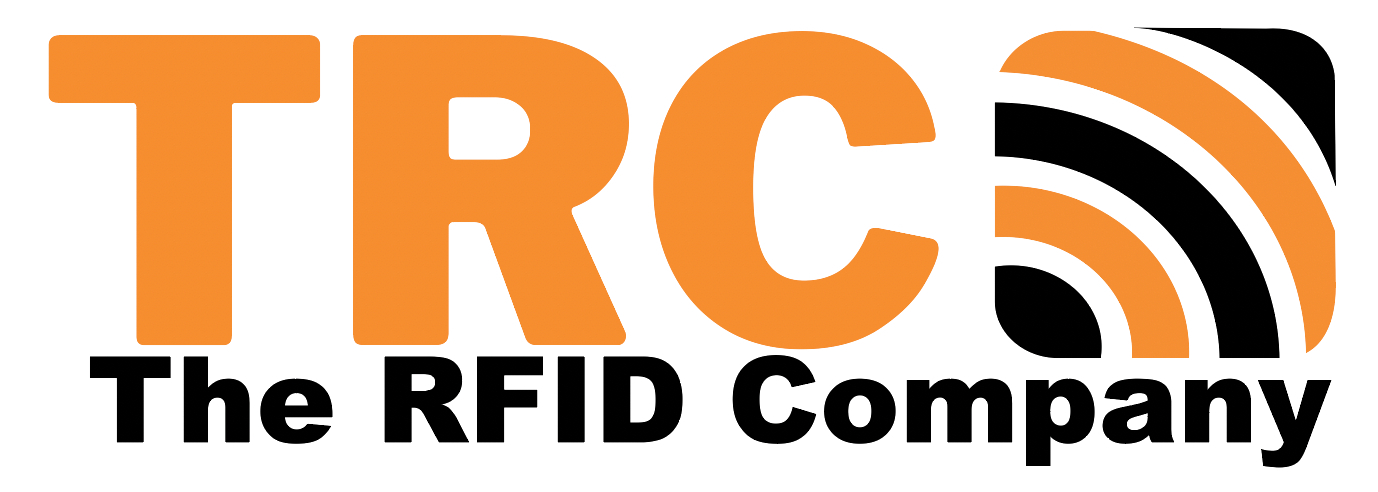
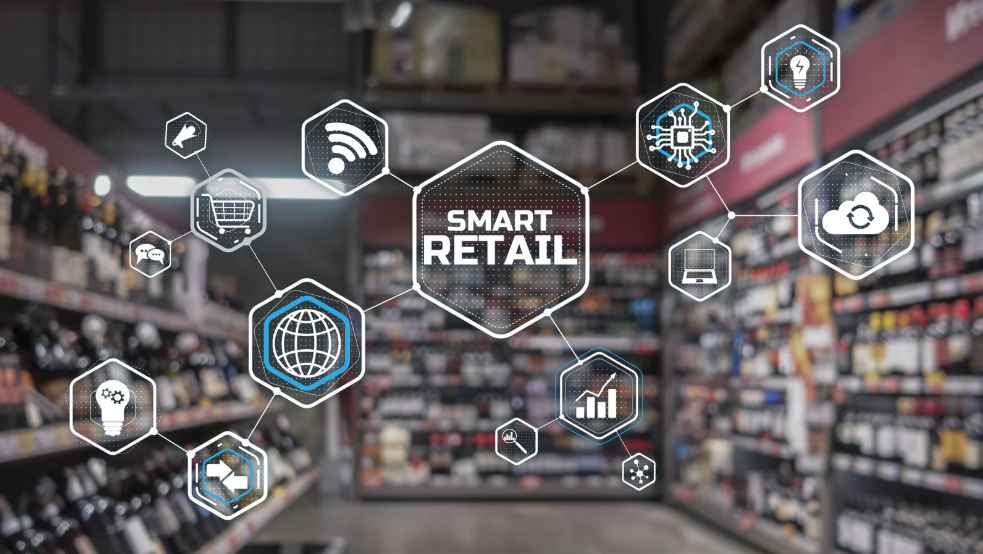
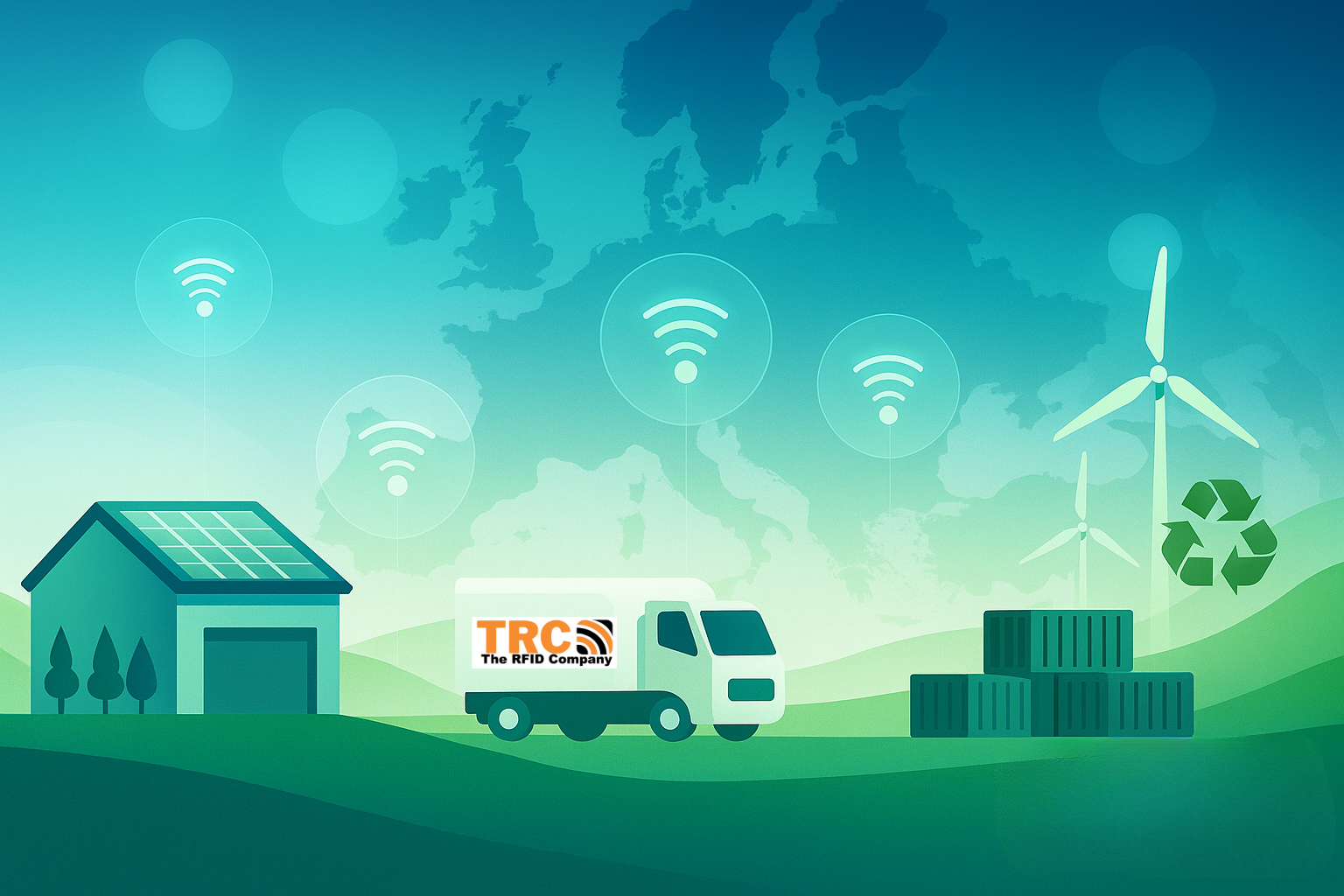
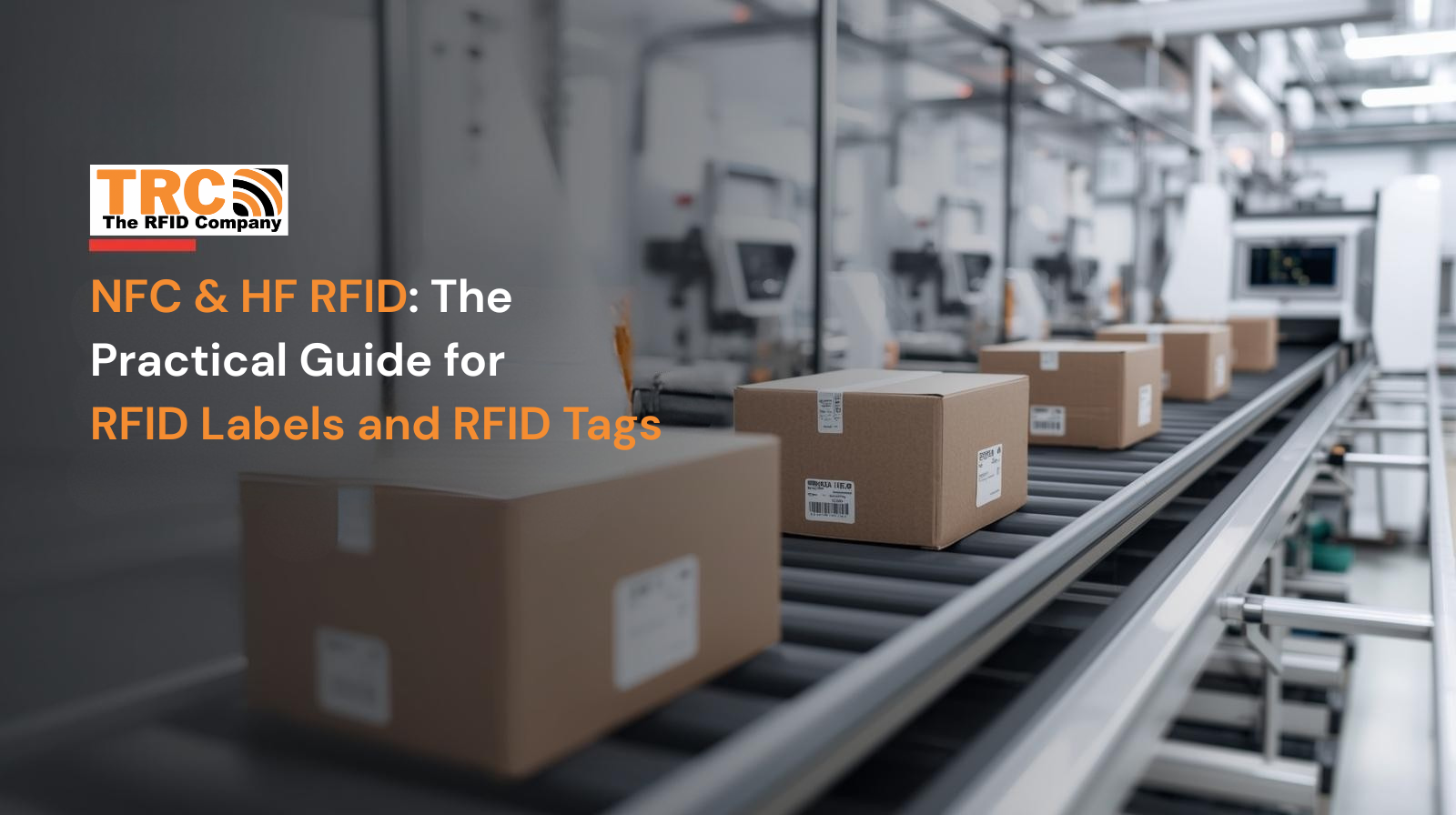
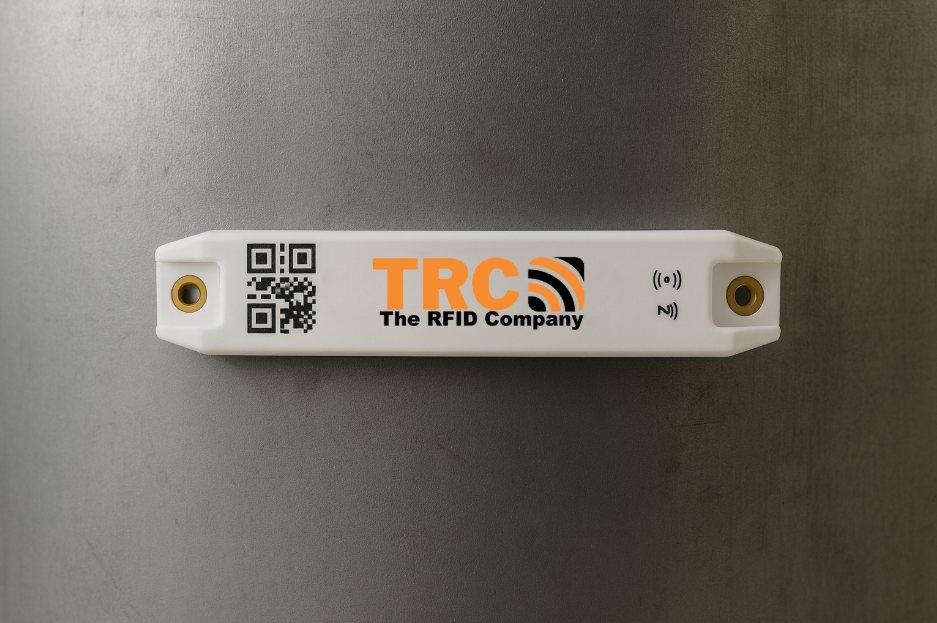
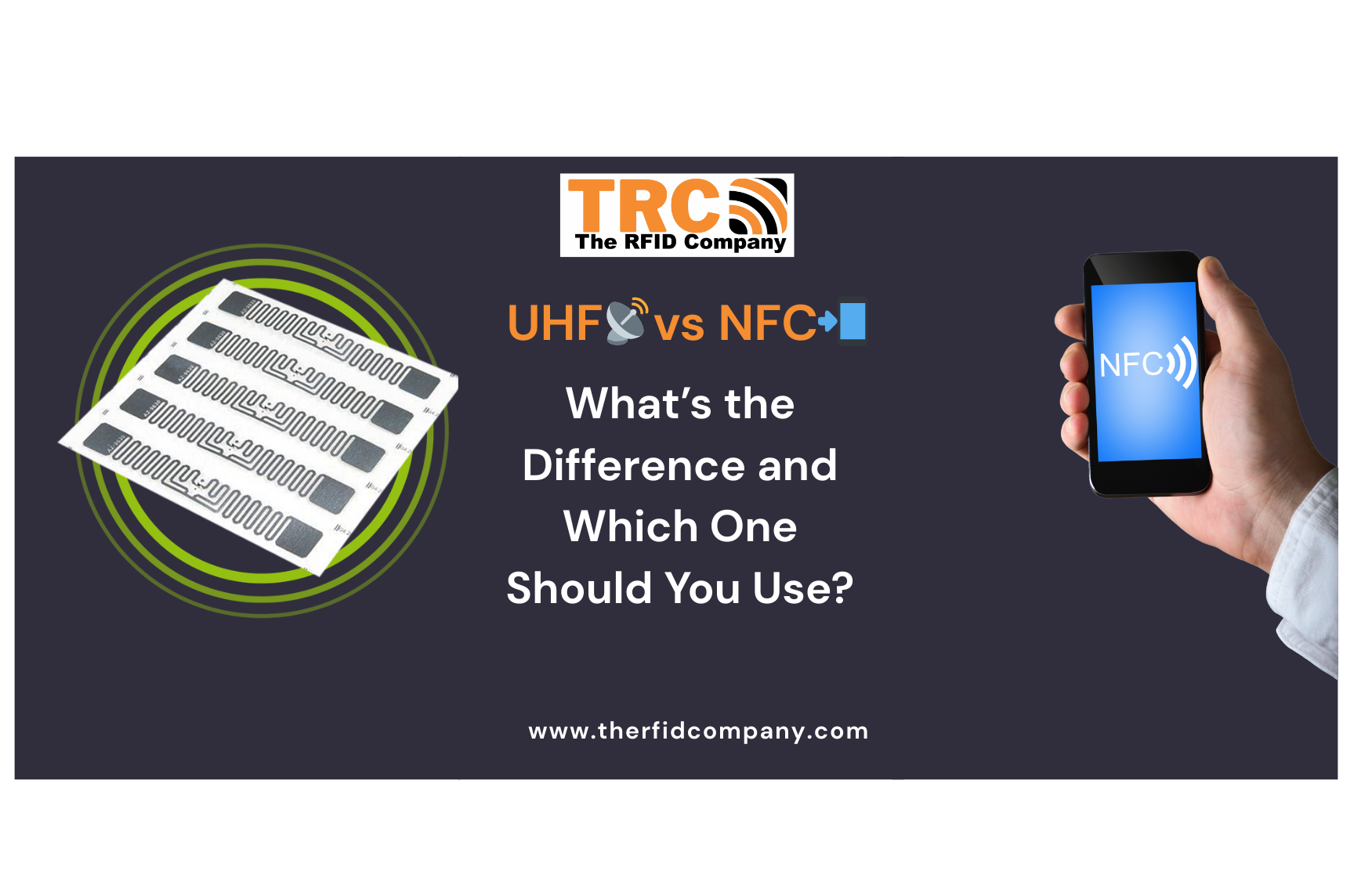
Share:
RFID Labels for Toll Roads and Parking: The Key to Smarter, Faster Mobility
What Is RFID? Everything You Need to Know About Tags, Labels, Hardware & Integration